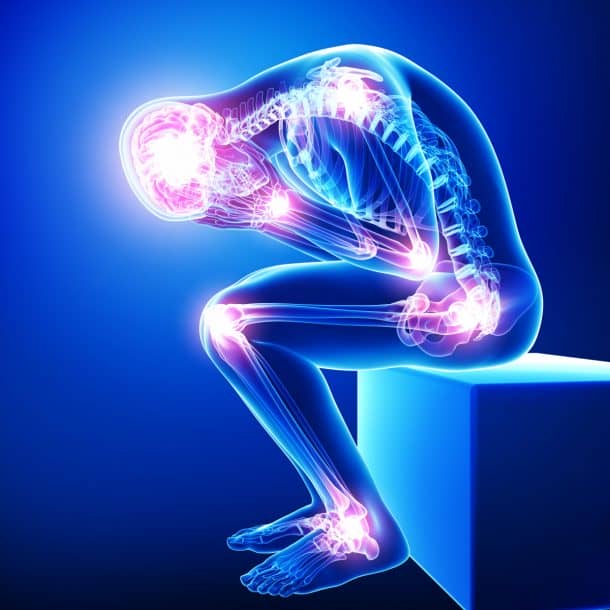Ever wondered why do you feel so stiff and tired even after a good night’s sleep? Wasn’t sleep supposed to make you feel fresh? While most of us think that this stiffness rises from simply laying still for hours, a team of biologists from the UK have found evidence that suggests something more deep rooted and difficult to explain.
To investigate this widespread phenomenon, the University of Manchester biologists used lab rats for their experiment. They injected their joints with collagen, thus inducing arthritis in the mice. The inflammation of the joints was then observed in the coming days, with a particular focus on the amount of inflammation as per the time of the day.

After noting substantial observation they found out that different hours of the day produced different results. And by this, they concluded that our bodies’ circadian rhythms are the reason behind the stiff feeling we have every morning and why it is more than any other time of the day. It is a biological response that determines the reaction of our bodies towards repressing inflammation during the night.
They observed that during the day the mice had the expected level of swelling in their paws and joints, while during the night cycle the mice experienced very little inflammation. Finally, the team came to the conclusion that these differences in inflammation are due some specific cells inside mouse joints called fibroblast-like synoviocytes (FLS). FLS runs on a 24-hour cycle, which is quite similar to human body timings. FLS manages the amount of swelling, and thus the pain in the mice’s joints by producing certain proteins.
This conclusion was asserted after conducting a series of experiments which included removing the ‘clock proteins’ from the cultured mouse FLS cells, thus stopping the source of the day/night cycle regulation and then observing the results.

They found out that the cells stayed inflamed throughout the day without this clock mechanism, irrespective of the time of the day.
After this, the mouse cells was injected with the same anti-inflammatory proteins produced by the FLS cells, which significantly reduced the inflammation markers. Similar experiments were done on cultured cells of human beings, and the same conclusion was made.
This study is a testimony to the fact that although we think of inflammation as typically chronic and brittle, it can be nuanced by controlling the body’s circadian physiology under the influence of the brain’s suprachiasmatic nucleus. The study has till yet only quoted results on cultured human FLS cells, and they are yet to experimentally shown that this is actually the real case in live humans. Also, they are not sure why these anti-inflammatory proteins are produced in the night, and it will take further study to understand these systems and their importance.
But if these results are eventually tested and proven on living human beings, it can be a start towards a better treatment for inflammatory diseases like chronic arthritis.
Have anything else to add to this article? Comment below!


